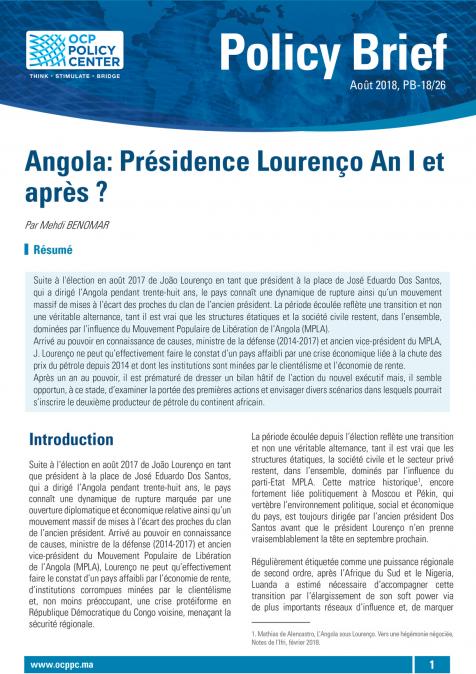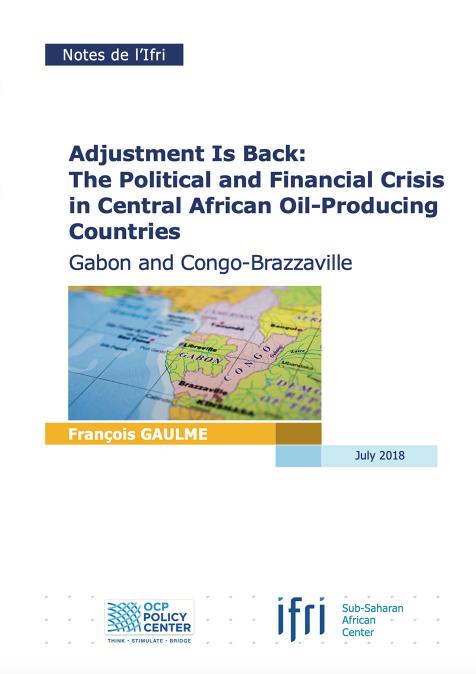Foreign powers are grappling for influence across the African continent, but competition has been particularly fierce in the Red Sea. With Ethiopia, long viewed as a bulwark against instability in the Horn of Africa, emerging from conflict, there is a new opportunity to cement the peace with Eritrea. Increased access to the sea could provide an immense peace dividend to the region—and especially to the people of Tigray. How will key external actors, especially the UAE and China, react to this moment of transition? And will the United States and Europe attempt to repair relations with the region, or risk being left out in the cold? Chair: Bronwyn Bruton, Director of Programs and Studies, Africa Center, Atlantic Council Speakers: . Maha Skah, International Relations Specialist, Policy Center for the New South . Gabriel Negatu, Former Director General, African Development Bank; Senior Fellow, Africa Center, Atlantic Council . Khalid Chegraoui, Senior Fellow, Policy Center for the New South







